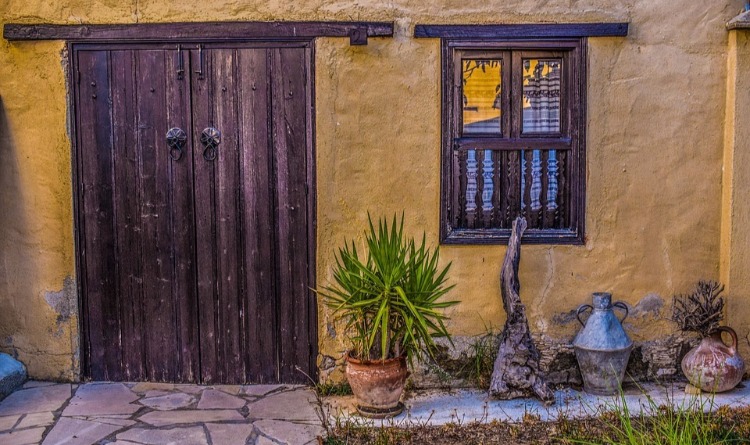There are two distinct ways that you can invest in property.
- Buy properties that require very few changes or additions. They are ready to be rented, ensuring you will be able to make a return on your investment as soon as possible. The downside of these properties is that they are more expensive due to their ready-to-live-in condition.
- Buy properties that are older and require work to bring them into a suitable condition for rental. The upside of these properties is that they tend to be among the most affordable on the market. As for the downside, well… there’s a lot to be discussed in this area!
Older properties seem like a great decision when you’re contemplating a property investment. They are more accessible due to their lower cost, and if you have some experience with DIY, the idea of bringing the property into a livable condition won’t sound too daunting.
For the most part, the above assessment tends to be correct; older properties do make a good investment, and you can add substantial value with the work that you perform to improve them. However, before you leap into this market, there are a few things you need to know…
Older Properties Can Contain Substantial-But-Invisible Damage
If you tour an older property, you might be fairly pleased with what you see. Sure, you think, it needs a full-scale interior renovation, but that’s something you can do yourself. It’s messy, but a few months’ work and you’ll be ready to welcome your first tenants.
This sounds ideal, but the reality is that there may be substantial underlying issues with the property– and you just can’t see them. Older houses are far more likely to experience issues with their foundations or structural issues. These problems mean you won’t be able to DIY the fix; you’re going to need the specialist help of the likes of Edens Structural Solutions if you want the work completed correctly.
There’s no harm in buying a property that requires professional help, but you have to know about it so you can budget for it before you buy. It’s vital you obtain a structural survey prior to purchase, so you can make a purchase offer that takes the extra work into account.
Older Properties Are Not As Desirable
The trend in the housing market is for new properties; wide open plan spaces, big windows, and large rooms. Converting an older property to a modern aesthetic is an expensive job, so you have to be prepared for this.
If you intend to sell your property, you have to accept that an older property may be more difficult to sell– they are simply not as desirable as new and recent builds. However, you can always rent in the meantime; renters tend to be less discerning about the property age, as they are not the ones responsible for its maintenance!
Older Properties Can Be Money Traps
The low asking price of an older property will appeal to you, but there is always the possibility for an older property to become a money pit. The older a house is, the more work it requires in terms of maintenance and improvement. You have to ensure that you have run the numbers and the purchase makes sense; otherwise, you could find yourself spending more on improving an older property than you would have if you’d just bought a new build in the first place.
Conclusion
Older properties can make for a great investment, but you have to consider the full picture. Keep the above advice in mind, and you shouldn’t go far wrong.

